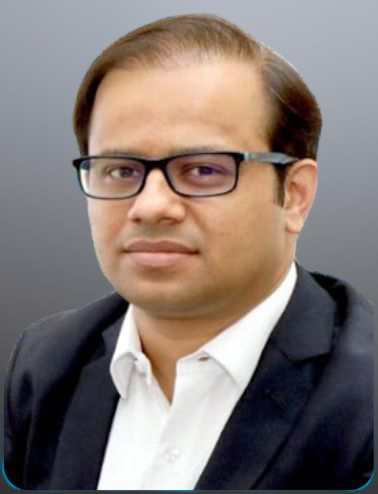Best Doctors for Epilepsy in Indore
Epilepsy is a neurological condition characterised by abnormal electrical activity in the brain leading to recurrent seizures. It can affect people of all ages, genders and backgrounds. The exact cause of epilepsy often remains unknown, but it can be attributed to genetic influences, brain trauma, infectious diseases, or developmental disorders. The susceptibility to this condition varies greatly, with some individuals having a clear family history while others may have no identifiable risk factors.
In Indore, there has been an increased awareness and understanding of epilepsy, thanks to the advancements in healthcare facilities and the presence of some of the best doctors for epilepsy. Doctors for epilepsy treatment in Indore are equipped with the latest technology and expertise to manage this neurological disorder effectively. These specialists not only focus on the medical diagnosis and treatment but also on providing holistic care for their patients.






 Call Now
Call Now




